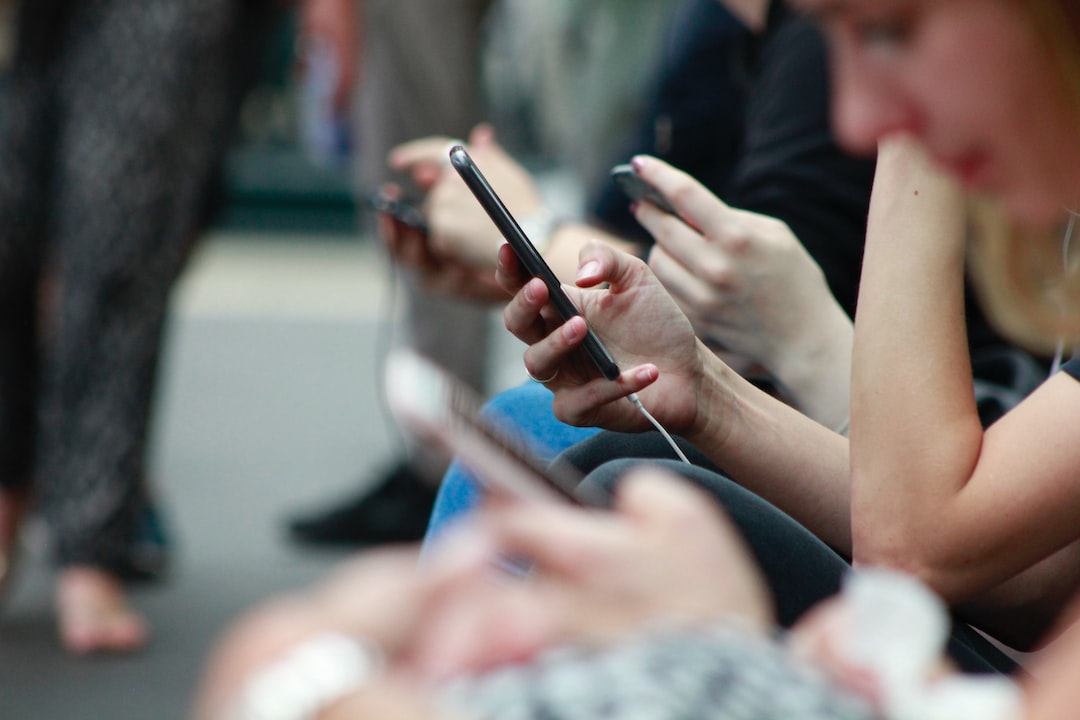The Impact of Social Media on Mental Health
In this digital age, social media has become an integral part of our lives. It has revolutionized the way we communicate, connect, and share information. However, while social media platforms have brought many benefits, there is growing concern about their impact on our mental health. This blog post aims to explore that impact and shed light on the potential risks associated with excessive social media use.
Social media often presents a distorted version of reality. People tend to showcase only the highlights of their lives, carefully selecting and editing their posts to paint a perfect picture. This constant exposure to others’ seemingly perfect lives can create feelings of inadequacy and low self-esteem. As we compare ourselves to the seemingly better lives of others, we may develop anxiety and self-doubt, as if we are constantly falling short in comparison. This phenomenon, commonly referred to as social comparison, can deeply affect mental health.
Furthermore, social media can lead to feelings of isolation and loneliness. Despite the ability to connect with others instantly, individuals often report feeling lonelier after spending time on these platforms. This is due to the lack of genuine and meaningful connections that occur offline. The constant bombardment of images and updates from others’ lives can sometimes leave individuals feeling left out or excluded. Therefore, it is important to strike a balance between online and offline relationships to maintain good mental health.
Another issue arising from social media use is the increase in cyberbullying. With the anonymity that online platforms provide, people feel empowered to engage in harmful behaviors they wouldn’t otherwise consider. This can have severe psychological consequences for the victims, leading to depression, anxiety, and even suicidal thoughts. The rise in cyberbullying cases in recent years highlights the need for stricter regulations and increased awareness on responsible online behavior.
Moreover, social media can disrupt sleep patterns, leading to sleep deprivation and ultimately impacting mental health. Many individuals find it difficult to disconnect from their devices, constantly checking notifications, or scrolling through their feeds. The blue light emitted by screens can suppress the production of melatonin, a hormone essential for regulating sleep. This, coupled with the constant engagement with stimulating content, can disrupt sleeping patterns and lead to sleep disorders such as insomnia. Inadequate sleep is strongly associated with mood disorders, cognitive impairments, and overall decreased well-being.
Despite the potential negative impact on mental health, it is essential to recognize the positive aspects of social media. It has provided opportunities for individuals to openly discuss mental health, thus reducing the stigma surrounding it. Many online communities and support groups have been created to provide a safe space for individuals to share their experiences and seek guidance. Social media has become a platform for raising awareness and promoting mental health initiatives, reaching a larger audience and encouraging conversations on the topic.
To minimize the negative impact of social media on our mental health, it is important to adopt healthy online habits. Firstly, setting boundaries and limiting the time spent on social media platforms can help maintain a healthy balance. It is crucial to prioritize real-life connections and engage in activities that promote overall well-being. Taking breaks from social media, especially during vulnerable periods, can also be beneficial.
Secondly, curating the content we consume can significantly impact our mental health. Unfollow or mute accounts that negatively affect our self-esteem or trigger negative emotions. Surrounding ourselves with positive, inspiring, and authentic content can contribute to improved mental well-being.
Lastly, it is important to remember that social media is a curated space, often presenting an idealized version of reality. It is crucial to not compare ourselves to others and instead focus on our own progress and achievements. Practicing self-love and acceptance can help combat the negative impact of social comparison.
In summary, social media has undeniably transformed various aspects of our lives. While it brings many benefits, it also poses risks to our mental well-being. The constant exposure to curated content, the potential for cyberbullying, and disrupted sleep patterns are among the negative consequences of excessive social media use. However, by adopting healthy online habits and setting boundaries, we can minimize these risks and navigate social media in a way that promotes our mental health. Remember, our worth is not determined by the number of likes or followers, but by our own self-acceptance and individuality.
